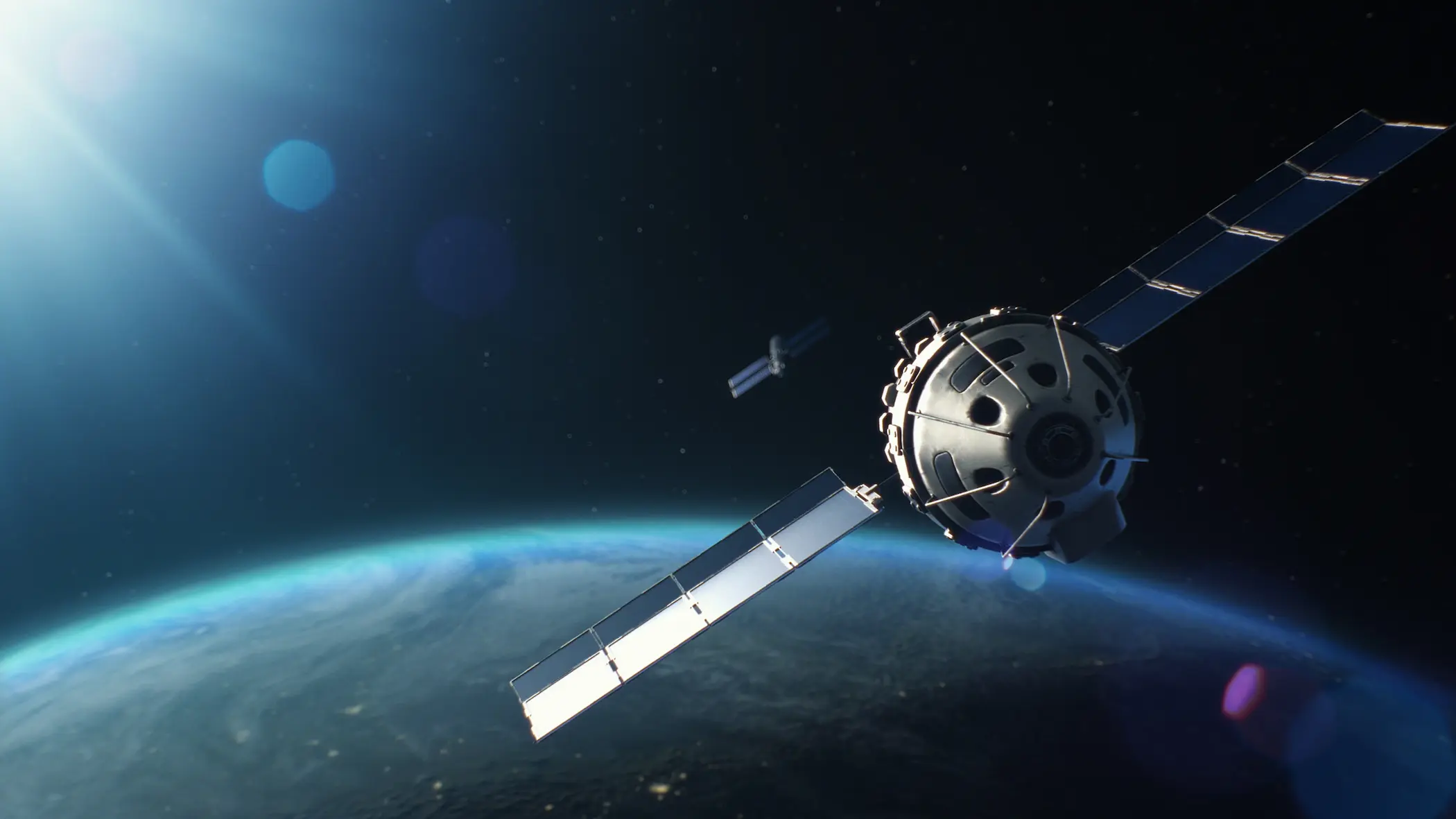Rawan Khodeir serves as a Junior Researcher with the Early Warning Programme at Al Habtoor Research Centre. She holds a Bachelor of Science in Political Science from Cairo University and has pursued academic studies abroad at the University of Bradford in the United Kingdom. Her professional experience spans political content development, policy research, and youth-oriented development initiatives. Her research interests include international relations, sustainable development, and the impact of technology on global politics.
Latest By Rawan Khodeir
10 Nov 2025
What If: The Next Power Race Is for Data, Not Land?
The race for global dominance is no longer fought over land, oil, or military might, it is rapidly unfolding in the realm of data. Across the world, governments are fortifying their digital borders, investing in surveillance technologies, and rewriting laws to claim ownership over the information flowing through their networks.
What emerges is a contest not for territory but for control over the data that defines modern life, who produces it, who stores it, and who decides how it is used. This silent power race is redrawing the global order, creating new hierarchies of influence built on algorithms and infrastructure rather than armies. As states weaponise information, the battle for sovereignty is shifting from physical borders to the digital terrain of human behaviour.
30 Oct 2025
Embryo Futures: Life Without Eggs or Sperm
In a world where reproduction no longer requires bond, lineage, or even
parents, humanity has severed its oldest bond: the family. By 2070, governments no longer wait
for couples to conceive, they manufacture life in humming factories of glass and steel, raising
entire generations in artificial wombs. Children emerge without mothers or fathers, only the state
and its machines.
Embryo Futures: Life Without Eggs or Sperm, a story from AHRC’s Futures Imagined series,
envisions a tomorrow where population decline is met not with reform but with replacement. At
once a tale of survival and of loss, it asks what becomes of identity, belonging, and love when
society decides that human roots are optional.
Futures Imagined is a publication exploring emerging trends through imaginative forecasting. Rather than relying on strict methodologies, this piece invites AHRC writers to creatively narrate a possible future reality shaped by current developments.
17 Oct 2025
Robotics, China, and MENA: The Battle for Industrial Sovereignty
China’s robotics drive is no longer just a story of factories becoming more efficient but a story of a new industrial revolution. Each year, hundreds of thousands of new machines are deployed across its production lines, reshaping global supply chains and altering the balance of technological power. For the Middle East and North Africa, this shift raises questions that cannot be postponed. Automation is moving from the margins to the centre of economic strategy, and regions that fail to build capacity risk being locked into systems designed elsewhere.
The future of robotics in MENA is therefore not only about who installs machines the fastest, but about who sets the standards, who controls the data, and who determines the terms of industrial competition. The region’s next chapter will hinge on whether it becomes a maker of the technologies that define the century, or simply a consumer of them.
1 Oct 2025
Who Stands to Gain from the H-1B Visa Shake-Up?
Since taking office, U.S. President Donald Trump’s unpredictable decisions have become a puzzle to follow, let alone to anticipate. Amid this growing political turbulence, a dose of rational analysis is badly needed. His recent move on the H-1B visa program, for instance, has reverberated across the globe. Though seemingly aimed at harrassing India, the policy has instead cornered the United States itself, fueling economic strain, draining valuable talent, and unsettling the tech industry. The ripple effects are already visible in Silicon Valley and among those aspiring to join it. Yet, this turbulence also opens a window of opportunity. Nations in Europe, Asia, and the Gulf, if swift and strategic, could position themselves to attract the very talent cast aside by Washington. Still, seizing this chance is no straightforward task. It demands structural reforms, long-term vision, and proactive policies. Dislodging Silicon Valley from its pedestal is not impossible, but neither is it simple or automatic. What matters now is understanding the impact on the U.S., its economy, its talent pool, and recognizing what ambitious countries must do if they wish to challenge the world’s current tech giant.
22 Sep 2025
Seasteading: Radical Vision or Dystopian Future?
The idea of building floating cities at sea has long drifted between science fiction fantasy and Silicon Valley ambition, but in the late 2000s it developed into a real-world project known as seasteading. Presented as a bold libertarian experiment, it promised an escape from taxes, governments, and regulations, offering wealthy backers the chance to create new societies beyond the reach of any state. For its supporters, this was not about fixing broken systems but about starting from scratch in international waters, rewriting the rules in the name of freedom, innovation, and limitless possibility.
Yet as this idea edges closer to reality, the questions it raises grow more urgent: who are these new societies really for, and who will inevitably be excluded? In a world already marked by widening inequality and an accelerating climate crisis, floating cities may not look like visions of the future so much as warnings about the present.
17 Sep 2025
The GPS Battlefield: The Invisible War in the Middle East
Wars are no longer confined to missiles, drones, or soldiers on the battlefield; increasingly decisive struggles are taking place in the invisible realm of signals that quietly guide planes through the sky, ships across narrow straits, and even the timing of financial markets. At the heart of this new contest lies the Global Positioning System (GPS), once praised as a scientific triumph and gifted to the world as a free public good, increasingly repurposed into a weapon that is inexpensive to disrupt, difficult to trace, and capable of inflicting consequences far beyond the battlefield.
The recent jamming of European Commission President Ursula von der Leyen’s aircraft served as a stark reminder that even the highest levels of leadership are not immune, but what may appear to be isolated incidents in Europe are in fact part of a broader pattern that has taken deep root in the Middle East. In a region where the world’s most critical energy chokepoints converge, navigation interference is no longer a rare abnormality but an increasingly routine feature of conflict, carrying implications that stretch from military readiness to economic stability and, ultimately, to the daily lives of millions.






